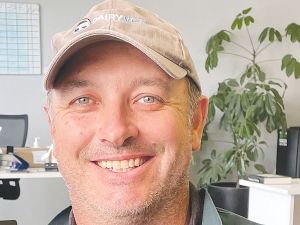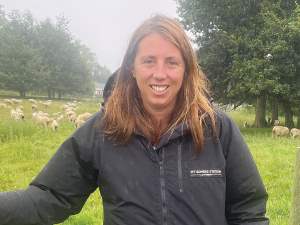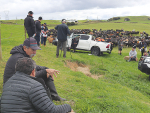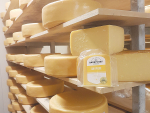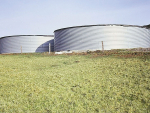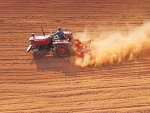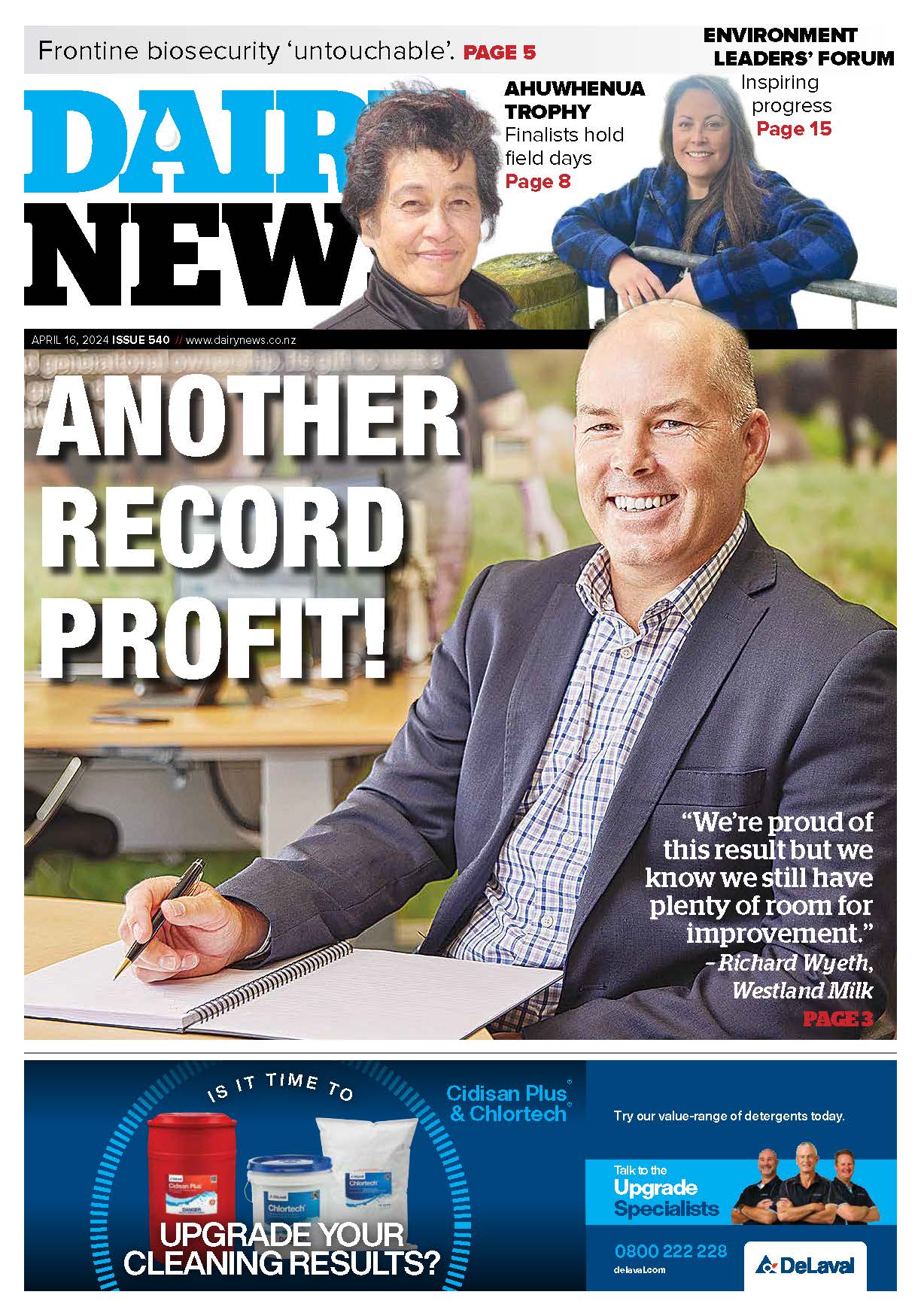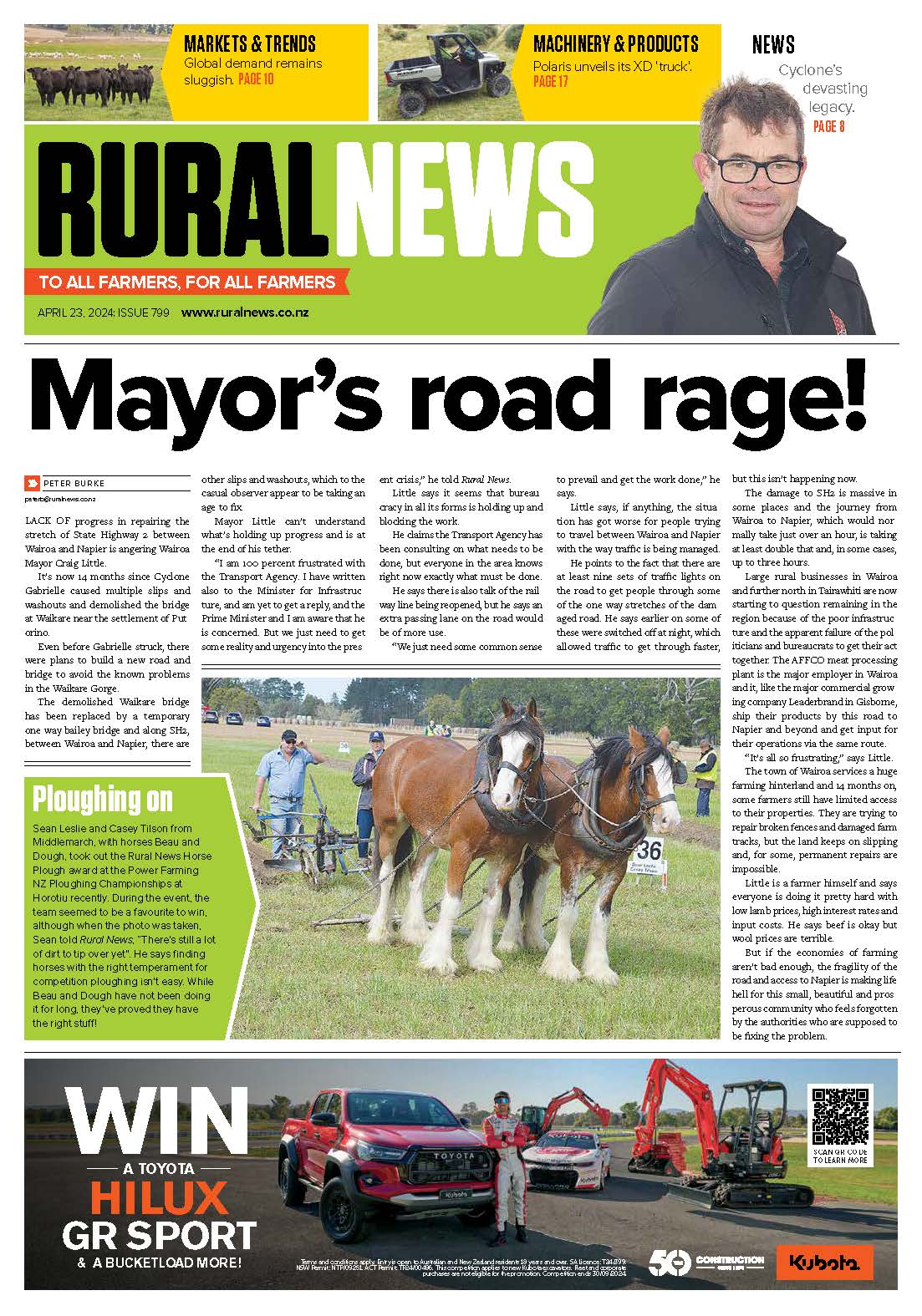The NZ Story and how it resonates depends where in the world you are, he told an ExportNZ conference.
“To be honest, when you go around the world you would struggle to find somewhere where NZ doesn’t resonate – be it the Hobbits or the clean green image of water tripping down the snow-capped mountains.
“NZ has a good reputation; it is not just the country, it is actually the people.
“When I meet people all over the world they always talk about NZ. Some of them have never even seen a photo of it but they’ve got a friend who has come back and told amazing stories about the people they interacted with.
“So as a culture and a people we have great reputations for being genuinely nice and for being innovative. So that does carry well; it is not all on the back of clean green although that obviously helps as well.”
The NZ story is one which will continue to be told, Piper says. The provenance story has enabled Fonterra to build the Anchor and NZMP (NZ Milk Products) brands. This is even true for product sourced from other than NZ because of what it stands for. “We don’t put our stamp on something unless it meets strict requirements, so it actually transcends NZ in some cases as well.”
Asked to outline Fonterra’s interest in developing markets, Piper says they have been selling into Africa for a number of years.
“We have just put our brands business into Ethiopia…. India is a little more tricky; there is a lot of government control. But as with any country, you ignore it at your peril. We do actually sell into India.
“We have had people based in India surveying the landscape, we continuously look at these countries. China is fantastic, it has been a great market but I am always cautious of us putting all our eggs in any one country’s baskets.
“In Africa a big focus is how we get the next-generation consumer coming through; there are a lot of people below the poverty line and our job is selling nutrition. Dairy is nutritious so how do we get that nutrition at these different price points. We are doing a lot of work on how we formulate our products so we can meet that market as those people move up the value chain and become consumers….
“We are looking everywhere all the time. We already sell into 140 countries.”
A key message Piper gave at the conference was ‘get close to your customers, understand what they are doing and why they are doing it’.
“You’ve got to be out there and stay connected. If you think what you are doing today is still going to be relevant in five years you are kidding yourself.”
An interesting learning came from a product released in China -- a high protein milk with a kiwifruit flavour. Blind testing showed the kiwifruit flavour wasn’t being picked up although testers thought it was a nice flavour.
Instead of going back and reformulating the product as they might have done in the past, they put the pack in front of them which showed what we were trying to achieve so they could get the full experience.
“On social media in China it is blowing up as one of the best kiwifruit flavoured products on the market. “
The key learning was to just try a different element first before going back to the drawing board.
They are also looking at where people might consume products, for instance, on a train in Japan, riding a bike in China or in the heat in Dubai. “What is it and how are they experiencing it…?
“You really have to go to the consumers, see how they are using your product, see what they like about it and what they don’t like about it.
“One of the trickier things to understand is what they are substituting it for. In some cases it is not what you think it is. Your competitor is not necessarily who you think it is.”
You’ve got to prioritise the customer. “Don’t go chasing every rainbow; we’ve made that mistake ourselves. Understand where and why you have a right to win, and understand those customers.”








